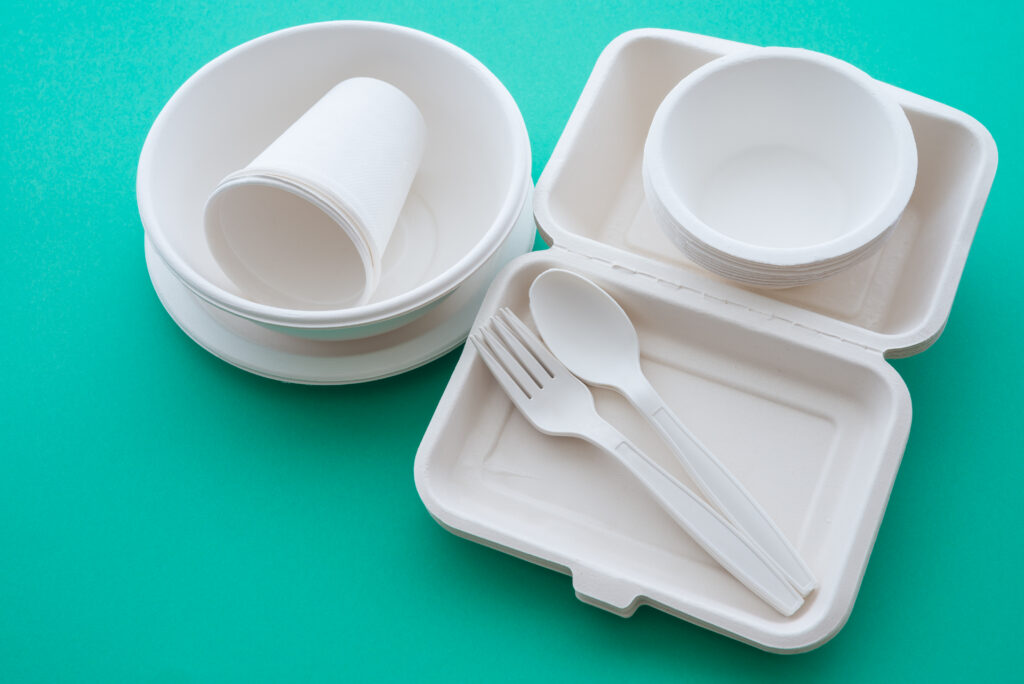State of Bioplastics in Australia report
The challenge
As environmental concerns over plastic waste mounts, there is growing demand for sustainable, bio-based alternatives to conventional plastics.
Bioplastics offer a viable solution, however there is consumer confusion around terminology, labelling and disposal processes.
Not all bioplastics are environmentally degradable, however, many are, with low carbon, biodegradable and compostable options available.
However, incorrect disposal can lead to contamination of recycling and composting streams, and many bioplastics end up in landfill. Addressing these challenges is critical in ensuring bioplastics fulfil their potential as a sustainable alternative to plastics.
Our response
We’ve produced the State of bioplastics in Australia report to better understand bioplastic materials and their integration in Australia’s waste streams.
Bioplastics currently account for a small fraction of total plastic production, with uptake being limited due to high costs.
The report highlights how better labelling could increase consumer understanding and support bio-derived processing within waste management systems. Established design standards could also support the expansion of the bioplastics industry in Australia.
The result
To support industry and consumers, bioplastic production needs to be designed for durability, economic viability and a more seamless integration across the plastics supply chain, from manufacturing to recycling and the processing of waste.
Bioplastics hold significant potential to reduce fossil fuel dependency by utilising renewable resources and offering bio-based alternatives to conventional plastics. Their environmental benefits, such as reducing the effects of global warming, building circular waste management, and mitigating plastic pollution, are integral in reducing plastic waste.

Bioplastics hold significant potential to reduce fossil fuel dependency by offering bio-based alternatives to conventional plastics.

